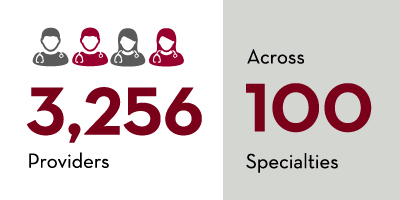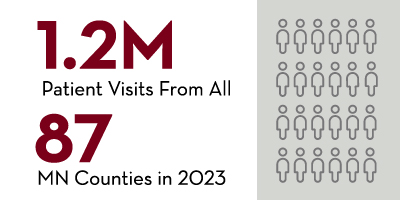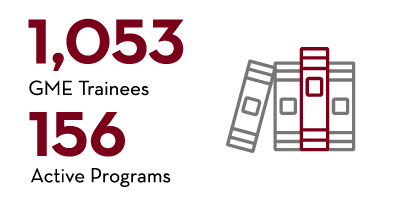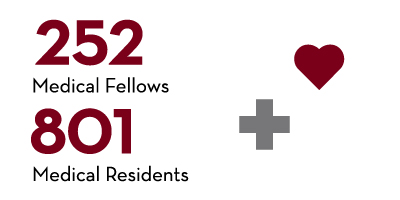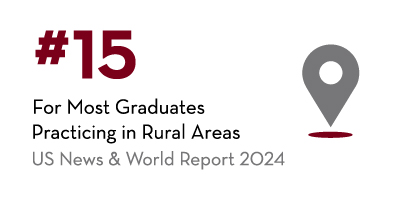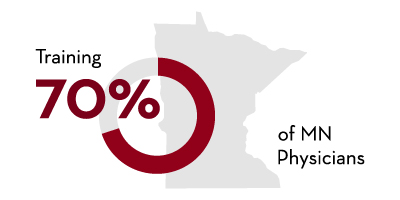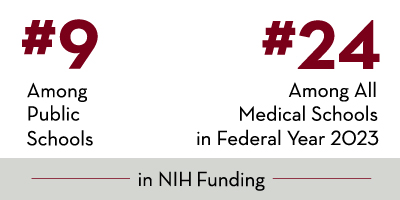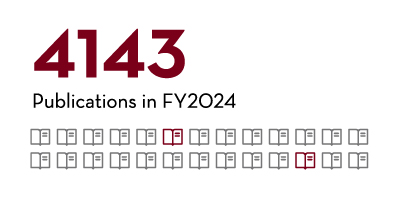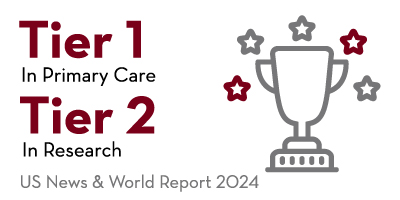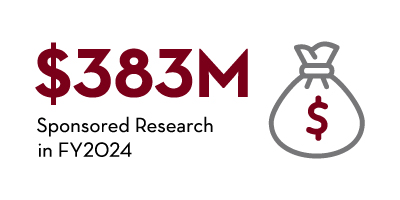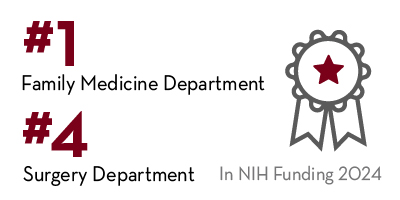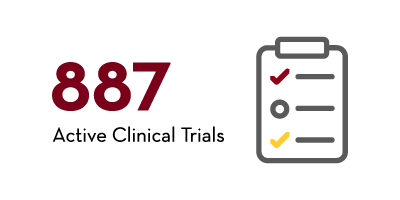
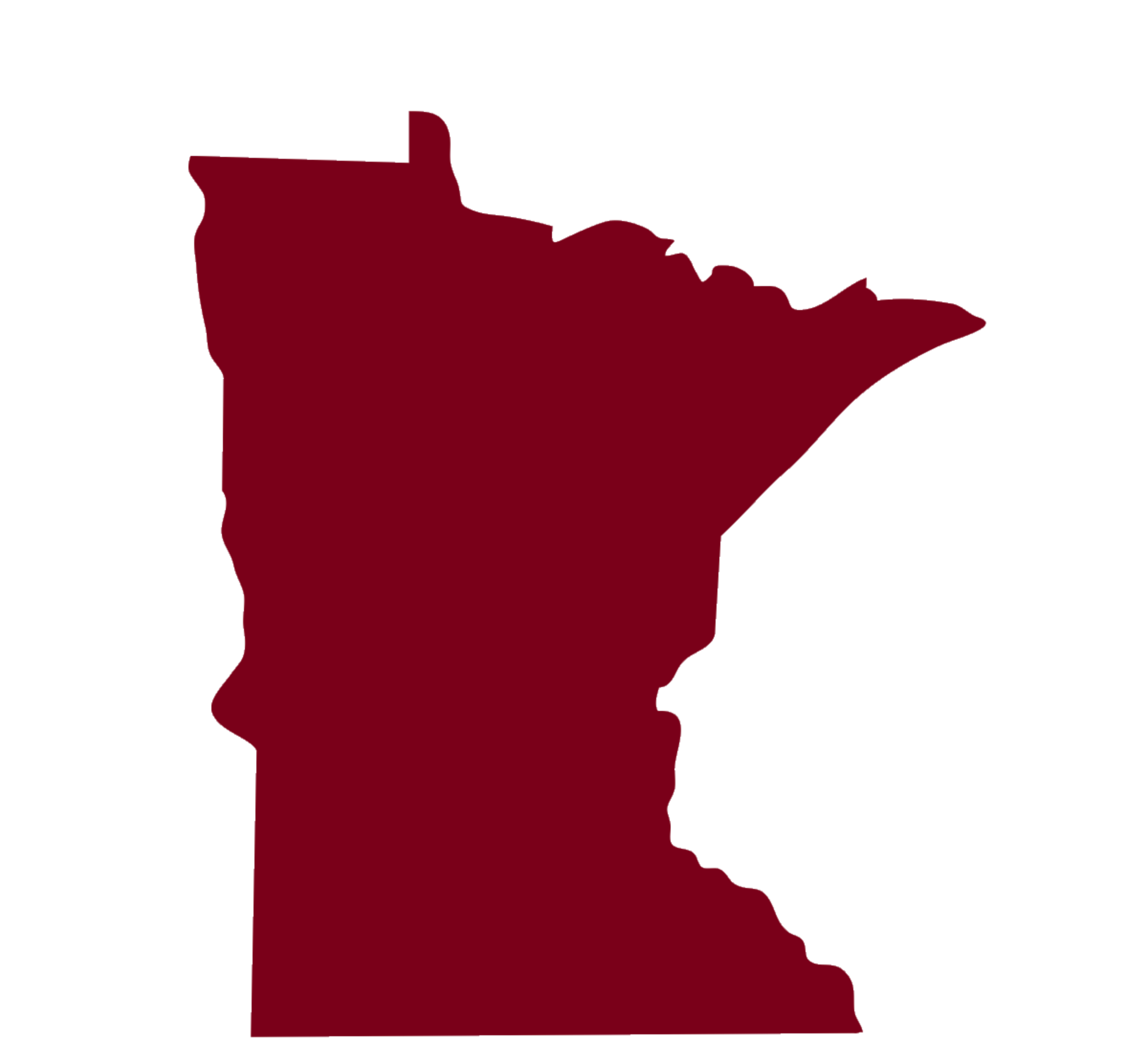
Breaking New Ground: Graduates from U of M's Fast-Track BA/MD Program Tackle Minnesota's Healthcare Needs
Read full story on the University of Minnesota Medical School Website
Twin Cities
Amera Hassan, from the University of Minnesota's first BA/MD cohort, has graduated, highlighting the success of the accelerated seven-year program aimed at addressing Minnesota's physician shortages. Her journey through demanding academics and valuable clinical rotations has prepared her as a confident, skilled physician. As she moves into a residency in internal medicine, Hassan plans to serve diverse communities, embodying the University of Minnesota Medical School's innovative educational approaches and their impact on healthcare. Her graduation reflects both her personal achievements and the program's effectiveness in rapidly preparing students to meet critical healthcare needs.
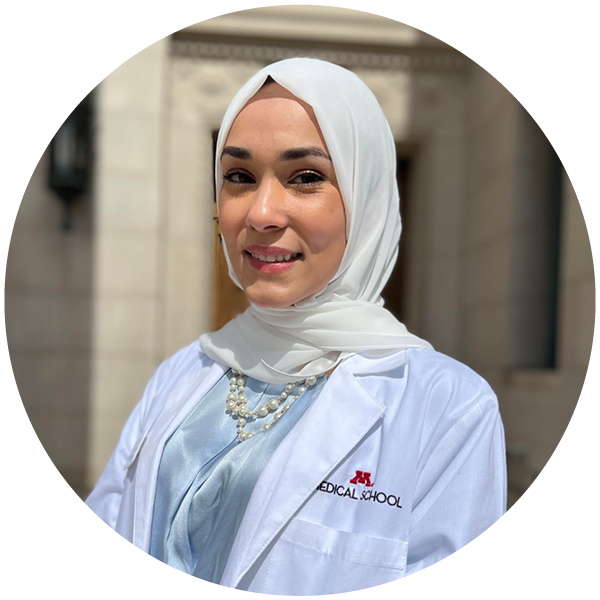
Intertwining Treatment and Culture: Dr. Brenna Greenfield's Addiction Work with Tribal Nations
Read full story on the University of Minnesota Medical School Website
Duluth
At the University of Minnesota Medical School's Duluth campus, Brenna Greenfield, PhD, has notably advanced addiction treatment with her research in Minnesota’s tribal communities. Leading the "Aanji'bide" project—meaning "changing our paths"—Dr. Greenfield works with tribal nations to blend cultural knowledge with healing practices, tackling opioid overdoses and health disparities. Her role in the "Ginaadamaadimin" initiative, or "we help each other," highlights a compassionate, culturally respectful approach to harm reduction and recovery. Dr. Greenfield’s commitment to culturally sensitive methods enhances recovery and strengthens community bonds, merging modern psychology with traditional practices in treatment.
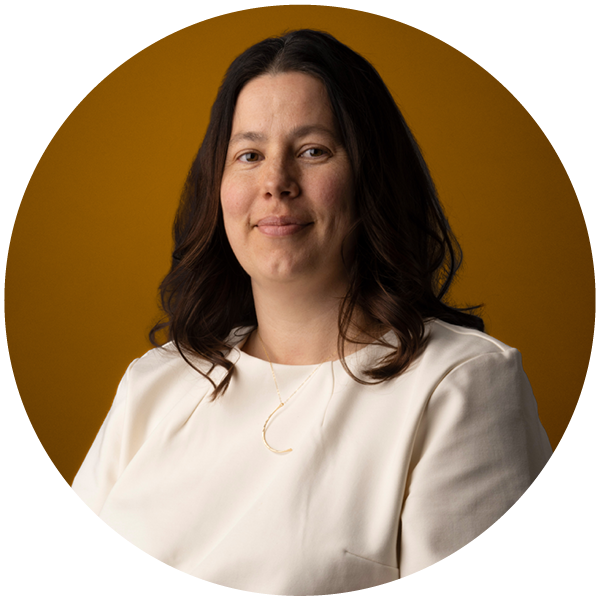
Building Bridges in Healthcare: U of M's Rural Physician Associate Program
Read full story on the University of Minnesota Medical School Website
Winona
For over 50 years, the University of Minnesota Medical School's Rural Physician Associate Program (RPAP) has provided medical students with hands-on rural healthcare experience in Greater Minnesota and western Wisconsin. Through this nine-month program, third-year students like Nyika Friberg, who grew up in East Africa, live in small communities to practice comprehensive patient care. Nyika's time at Winona Health reaffirmed his commitment to addressing healthcare access challenges in rural areas. RPAP addresses America's rural physician shortage, where 20% of the population has only 11% of its doctors, with nearly half of RPAP participants continuing to practice in rural settings.
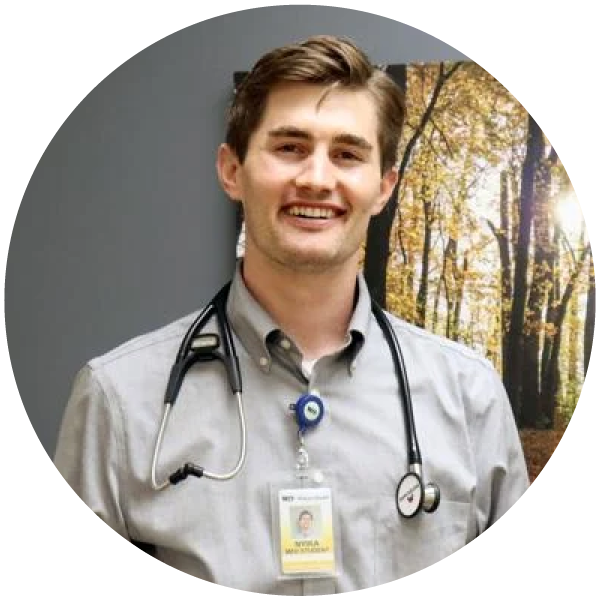
Boosting Rural Trauma Care: U of M's $9.9M SMART-EMS Project to Enhance Emergency Response and Save Lives
Read full story on the University of Minnesota Medical School Website
Southwest MN
The University of Minnesota’s Translational Center for Resuscitative Trauma Care has secured a $9.9 million grant from the National Highway Traffic Safety Administration to enhance health outcomes and cut roadway deaths in rural Minnesota. The Southwest Minnesota Advancing Remote Tele-EMS (SMART-EMS) project will provide EMS providers with real-time trauma support through telehealth, connecting them to specialists while en route to incidents. This initiative, which tackles the challenges of long-distance trauma care, will be evaluated through patient outcomes and EMS personnel satisfaction. Collaborating with Avel eCare Tele-EMS, it equips 54 EMS agencies with expert guidance, aiming to improve survival rates during the critical first hour after trauma and reduce fatalities in areas distant from major trauma centers.
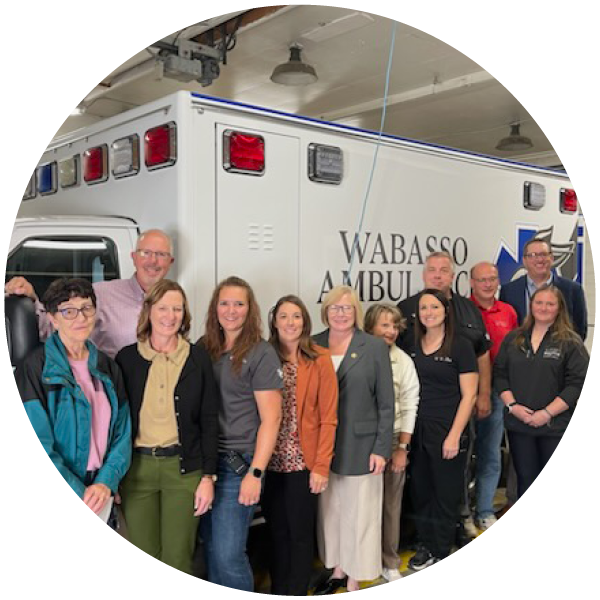
Mashkiki Maaginigan: Collaborating with Tribal Communities and Indian Health Services (IHS)
Mahnomen
Innovative Surgical Techniques: Bringing World-Class Care to Greater MN
Read full story on Where Discovery Creates Hope Website
St. Cloud
Engineering Translational Advancements in Mental Health Care: A Dimensional Approach to Understanding the Human Brain
Twin Cities
Expanding Residency Programs: Senators Amy Klobuchar and Tina Smith Support Medicare-funded Minnesota Residencies
Read full story on the Herald Review
Willmar
The University of Minnesota is expanding residency programs to enhance healthcare services across the state. Supported by U.S. Senators Amy Klobuchar and Tina Smith, these initiatives will boost training in child neurology and rural pediatrics, reinforcing the University's commitment to improving healthcare access and quality in underserved areas. Also, in 2025, the Medical School will introduce a new family residency program in Willmar, MN. In collaboration with regional healthcare centers like M Health Fairview Masonic Children's Hospital, Hennepin County Medical Center, and CentraCare, the school has secured Medicare-funded residency slots to address Minnesota's critical physician shortage.
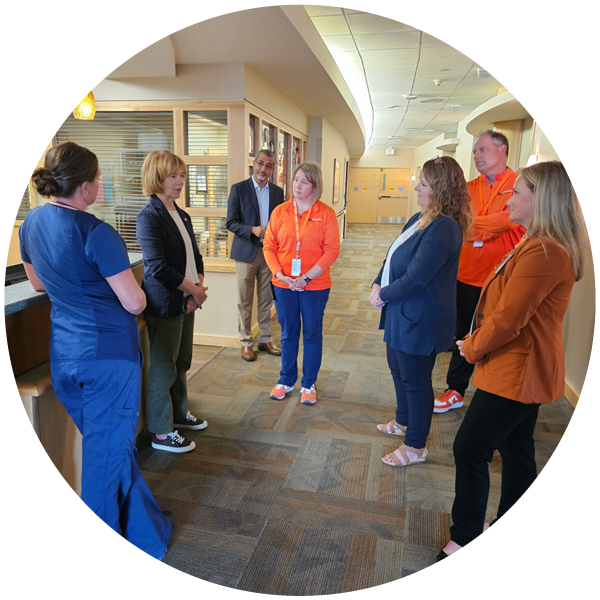
Reducing Traffic Fatalities: U of M Research Team Helps Improve Care and Response Times
Northeast MN
In a significant advancement for emergency medical services, the Arrowhead EMS Association, supported by the University of Minnesota Medical School's Translational Center for Rescuscitative Trauma research team, has been awarded a $5 million grant from the U.S. Department of Transportation. This funding, part of the Safe Streets and Roads for All Program, will equip 20 ambulances in 15 agencies across Northeast Minnesota with Avel telemedicine services. The initiative aims to enhance the quality of care and response times in remote areas that suffer higher traffic fatality rates. The Medical School's research team will closely evaluate the program's impact, striving to redefine standards in rural emergency medical response.
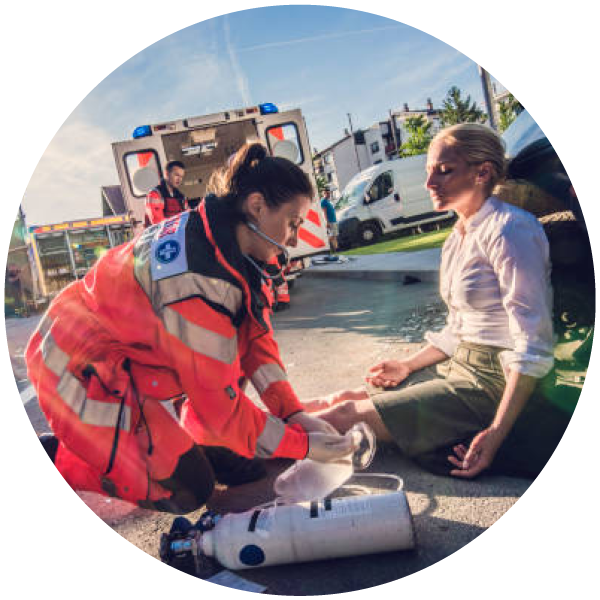
Explore our state to discover how the University of Minnesota Medical School is helping to improve total health.
Our Work Within the Community Across Our State
The University of Minnesota Medical School is committed to improving health and resilience in communities through cutting-edge research, clinical trials, and education. We inspire and train the next generation of diverse physicians while delivering compassionate, high-quality care. By collaborating with local, regional, and global partners, we address the unique health challenges of each community, working toward a healthier and more equitable future for all.

